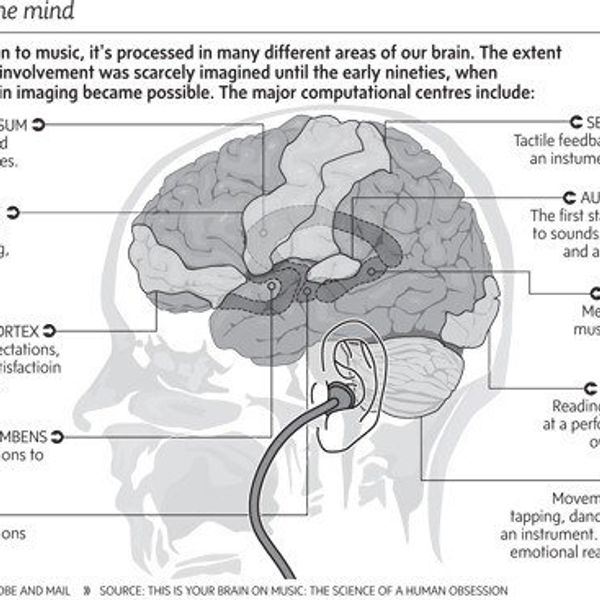Keeping music education in schools has been a very long debate for the past couple of years. Many think that having music classes cause too many expenses for the school, it doesn’t benefit students learning and that students are able to access music education on their own time outside of school. However, there are a plethora of benefits of music education in schools.
Students can learn a new skill.
An instrument, whether it is a band, orchestra or voice instrument, can be considered a new skill. By learning one, the student can take it to college with them and is able to join the clubs surrounding that instrument.
Students are able to branch out of their own friend group and make new friends.
Through competitions and concerts like All-State and All-County, students are able to make friends that have similar interests to their own. By attending more concerts, they are able to build relationships with people they may see regularly. Also, they are able to make new friends in college if they join an ensemble.
Music teaches commitment.
Commitment is huge in music. Sometimes it may get hard to learn a song because you need to use muscle memory when playing a piece on an instrument or memorizing the notes. You need to be fully committed to learning the music to be able to perform it perfectly, which teaches time management and dedication.
Students are able to get more opportunities.
Students get more opportunities to learn and explore when they are in music classes. Some opportunities may include going to competitions, but others may include being able to spend a week abroad on a concert tour. This opportunities benefits the student tremendously as it allows the student to travel the world while being immersed in culture and in music.
Music is universal.
Music may be involved in any subject. It can be involved in math by counting and understanding beats, science by understanding for singing how the voice works and how people are able to sing, and it can be involved in theater and sound design classes by understanding the wavelength and pitches of the sound.
The music program gives back to the community.
My music program used to play at many things around the community and was very well-known for the work we did around the town and around the world. Many people come to watch concerts and love listening to the music, which only helps us gain more money and support to give back to the community that supports us.
Creativity emerges from music.
Through music, students are able to explore their creativity by studying theory and creating their own pieces. They also are able to put a spin on songs they already know to make the more personalized when they play it. This creativity can also be used toward other subjects in school and can be tied with music.
Music engages the students and promotes observation.
With core classes bothering students because they may be boring, keeping music education in helps with that boredom. Some students may really like music and are able to use it as their getaway from their schoolwork and their problems. This keeps their attention span up instead of keeping them bored in classes all day.
Students gain self-confidence in themselves.
Self-confidence lacks in many high-school students. By keeping music education classes, students have more opportunities to break out of their shells and learn to perform in front of an audience. This can increase their self-confidence and not only help them in their performances, but also help them stay confident in other situations.
These are just some reasons why music education should stay in schools. My high-school music program has taught me more skills than any other subject has that I will always keep with me, and I owe it to all the music teachers that I have had in the past!




















